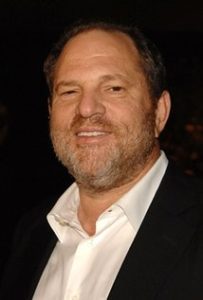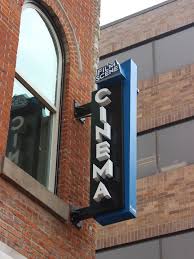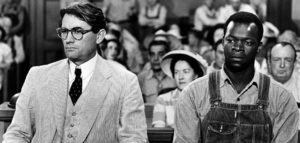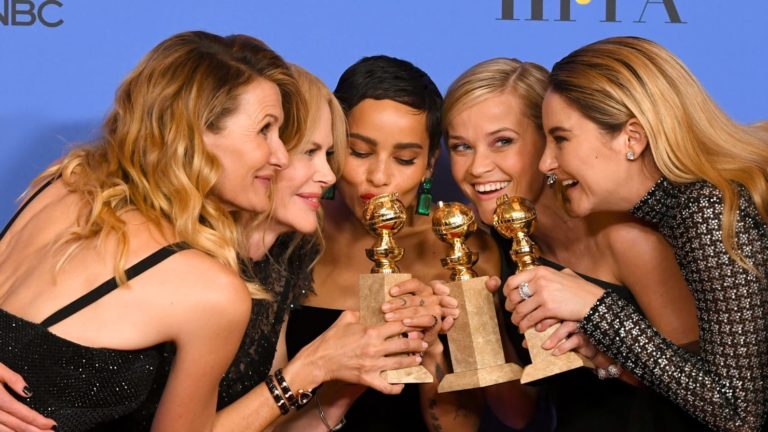On Oct. 5, the New York Times dropped a bombshell of sexual harassment allegations against profound producer Harvey Weinstein that spanned decades. Over time, the story  only worsened with the amount of victims and abusers consistently increasing. In this time, women across the United States found the courage to speak up against the ongoing patriarchal society with movements known as #metoo and #timesup.
only worsened with the amount of victims and abusers consistently increasing. In this time, women across the United States found the courage to speak up against the ongoing patriarchal society with movements known as #metoo and #timesup.
These movements echoed throughout Iowa City on Jan. 20, when over 900 women and men marched downtown.
A participant and Women in Business Member, Abby Gainer, said the Women’s March brought solidarity and comfort to her state of mind, saying too many times women get in this mindset that they are in the struggle and fight for equality alone.
“The march was great for solidarity and bringing light to the movement, but the most important thing women can do each and every day is to hold people accountable for saying something negative about a woman that has nothing to do with her personality, but her appearance and body,” Gainer said.
The Women’s March may have been a one-day event, but its ideas and aspirations are coming back to Iowa City- this time on screen.
Throughout the entirety of March, FilmScene will only be screening films made solely by women. On the arthouse theater’s website, it states this about the upcoming event:
 “In order to celebrate talented local, national and international female artists, FilmScene proudly presents Women’s March. Showcasing films made exclusively by women throughout the entire month of March 2018, featuring new releases alongside classic cinema, films with local roots, and dialogues about the female perspective in the industry.”
“In order to celebrate talented local, national and international female artists, FilmScene proudly presents Women’s March. Showcasing films made exclusively by women throughout the entire month of March 2018, featuring new releases alongside classic cinema, films with local roots, and dialogues about the female perspective in the industry.”
The program director at FilmScene, Rebecca Fons, said female filmmakers should be spotlighted and showcased because of their lack of exposure in cinema. She said this idea hit center-stage when the Weinstein allegations came out on Oct. 5, causing FilmScene to discuss internally what its responsibility is as an exhibitor of film.
“We hope to achieve edu-tainment, in that we’ll be showing people films, so you’re going to be entertained, but there’s a little bit of eat your vegetables too,” Fons said. “I think people will come away with a better understanding of female voices in the industry today, yesterday, and tomorrow.”
Part of understanding the #timesup and #metoo movements is becoming familiar with gender roles in the history of film.
With that knowledge Hanna Bonner, Executive Director of Bijou in Iowa City, said the movements have brought to life a history of gender discrimination in film, but one aspect of the movement that’s puzzling to her and many people is what to do with movie classics that currently appear as sexist, or misogynistic towards women; but in their release the subject matter was the status quo.
“I think it’s a complicated thing to reconcile your politics with things you take pleasure in viewing,” Bonner said. “Some of my favorite movies, maybe the gender politics don’t match my own politics, but the visual language and grammar is something I enjoy regardless.”
Since the Weinstein allegations came out, the entertainment world has been in a conundrum on what to do with problematic subject matter in films. For example, last Christmas CNN’s Carol Costello ran an opinion piece about the sexist nature of the Holiday classic, “It’s a Wonderful Life”, and if the movie should be retired.
She’s not alone on this idea, as throughout history people have sought to ban or censor art because of its offensive material. Just this past Monday, Feb. 12, a Minnesota school district banned Harper Lee’s “To Kill a Mockingbird” and Mark Twain’s “Huckleberry Finn” from the school’s curriculum because of their racist language.

Bonner said offensive material can be viewed if audiences are active spectators by critically engaging with what’s problematic in the content. The controversial subject matter is how people living today learn from the past. Rather than reading about it in a textbook, actually feeling characters’ emotions from specific moments in time is a fundamental way of learning about history.
“We can educate ourselves on what the tone and temperature was then,” Fons said. “In doing that, we can compare films from now and say ten years ago, and look at what’s changed and stayed the same.”
Understanding the patriarchal frame of cinema is only one aspect of being a better voyeur, the next step is exposure and highlighting the incredible work done by females in film over the course of history
FilmScene plans on doing exactly that this March with some events already planned, such as “Pioneer Wednesday” where the arthouse will screen movies done by women who worked to break the glass ceilings in film. Mondays are designated for contemporary movies directed by women, with most of the women being out of the mainstream spotlight. Saturday’s will be for local films directed by women and FilmScene will also be hosting an animation camp for young girls.
“It comes down to having options for representation, being able to see more of a spectrum of behavior instead of one type of way of portraying gender,” Bonner said.




